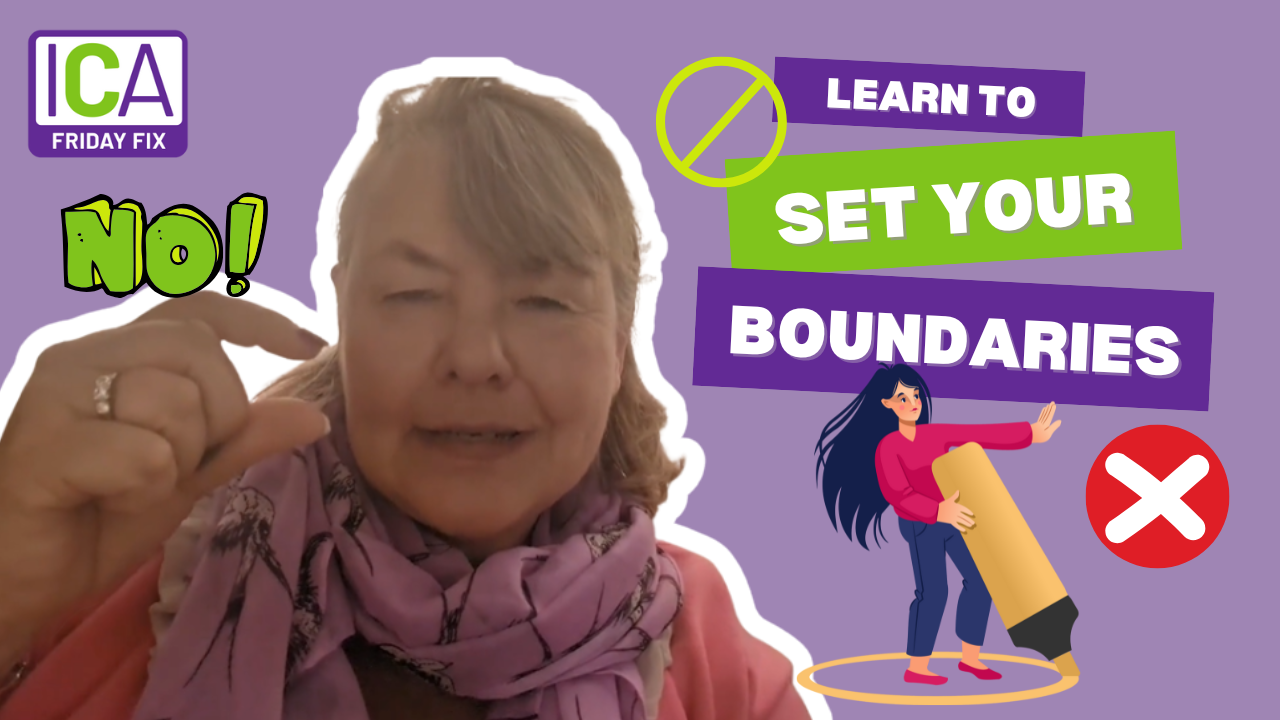The Power of "No": How Setting Boundaries Empowers You (and Others)

"Yes" is often our automatic response, especially when we want to be helpful, avoid conflict, or feel like we should. But how often do you find yourself regretting that "yes," wishing you had said "no" instead? Saying "no" can feel hard; it might feel unkind or as though you don't care. However, it's a crucial skill for protecting your time, energy, and overall well-being.
Here are a couple of practical tips to help you practice saying "no" without feeling guilty:
- Buy Yourself Time: When asked to do something, avoid an immediate "yes." Try phrases like:
"I haven't got my diary on me right now, but I'll get back to you."
"I'll need to check my schedule/calendar and get back to you."
"Can you remind me about that later?"
These phrases give you a mental pause to truly consider if the request aligns with your priorities and capacity. This break allows you to decide thoughtfully, rather than reacting automatically.
Understand Your "Yes": Remember that every "yes" to someone else is often a "no" to something important to you – your own time, your goals, your rest. This isn't selfish; it's a recognition of your own value and needs. It's okay to put yourself first.
Practice is key. Develop a few go-to phrases that feel comfortable for you. The more you practice saying "no" (or a variation that gives you space), the easier it will become. Saying "no" isn't about being unkind; it's about being clear, respectful of your boundaries, and ultimately, empowering yourself to focus on what truly matters to you.